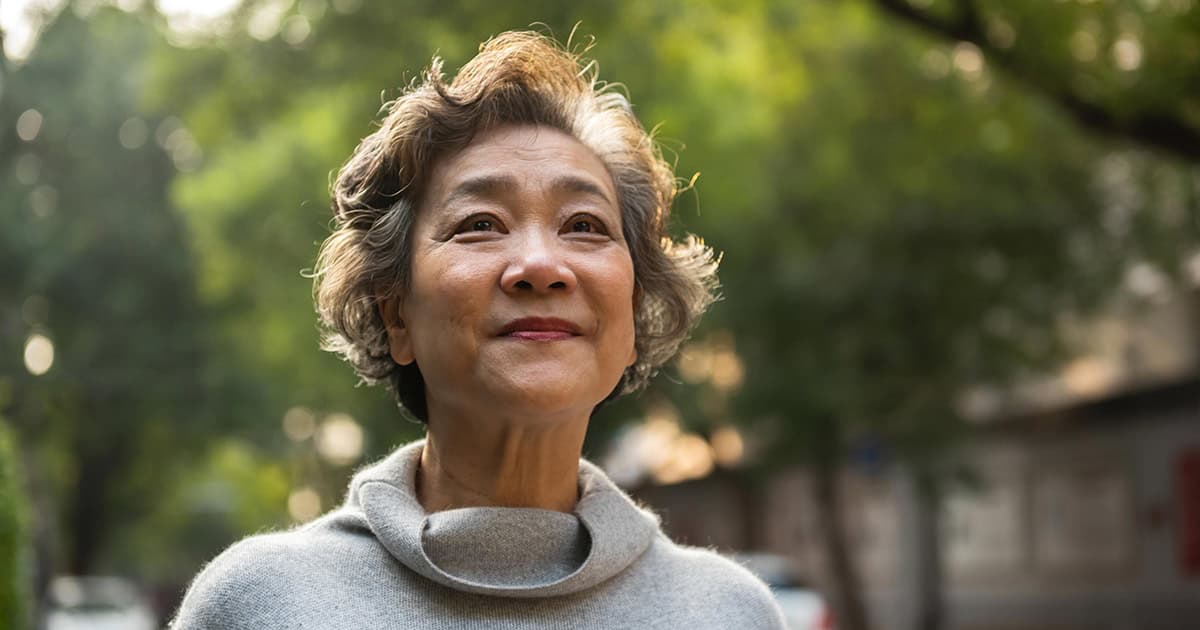Misunderstanding Women’s Pain
This has been reviewed by Edward Evanstash, M.D., OB-GYN and Chief Medical Advisor for Materna Medical.
It seems ironic that while we have access to more information than ever before, some doctors seem to listen to us less and dismiss us more. Even though it was many years ago, I have strong memories of doctors dismissing my pain.
My first ovarian cyst ruptured when I was just 14 years old. The unbearable pain landed me and my parents in an emergency room where a doctor gave me a rather uncomfortable exam, then misdiagnosed me with “mittelschmerz,” or painful ovulation. I spent the next several years as a relatively frequent visitor of emergency rooms because of the repeated pain of more ruptured cysts. As I got older, I kept wondering why the ER doctors would just brush off my description of the pain and questions, saying the pain was probably from appendicitis, before effectively giving up on an actual diagnosis, only treating the pain, and telling me to follow up with my primary care doctor, who didn’t have any answers either. Finally, a doctor at one emergency room—a woman— said it was a ruptured ovarian cyst after she saw the displaced fluid on an ultrasound.
It wasn’t until my late twenties that a doctor finally named my condition. I remember feeling shocked as she rattled off a description of my health history in near perfect detail—except she was describing the symptoms and characteristics of my condition I finally had a diagnosis for. I will never forget the feelings of shock and then relief in that moment. Even better than the relief in that moment was my doctor listening to me, unlike other doctors. Feeling heard, understood, and supported changed my life and health entirely.
While my condition differs vastly from vaginismus, I imagine my feeling of relief parallels what women with vaginismus feel when they’re able to share their symptoms with a doctor and have the doctor truly listen to them and provide a diagnosis. It’s reassuring in a visceral way to know that someone else knows about the diagnosis, management, and treatment options for what we’re experiencing, and that we can discuss our condition with them. While I no longer see the doctor from that visit, I still think of her with gratitude, because she named my condition and provided me with knowledge I still use many years later to manage PCOS (Polycystic Ovary Syndrome) and its impacts on my life.




